Charities fear council budget cuts could increase inequalities in some of the poorest areas of the Highlands.
Faced with a £50 million budget gap, Highland Council last week voted to stop paying out discretionary grants to some early learning and childcare providers.
The cuts hit a range of Highland children’s charities providing after school clubs, respite care, arts and music, including services for kids with additional support needs.
The Pulteneytown People’s Project (PPP) in Wick will lose £20,000 grant funding from the council.
“It was a shock,” says PPP chief executive Jane Davidson, who knew nothing of the proposed cuts until the budget papers came out days before the meeting.
“It’s about 10% of our income so it’s quite a lot to lose. I do understand that times are tough, but a lot of what we do is with vulnerable children. This will affect families and children the most; it’s their future.”
Lockdown children need more support
The PPP celebrates its 20th anniversary this year, and has grown from just 1.5 staff to 50. The charity provides registered care at home services, early learning and childcare and after school clubs, all centred around a busy community hub in the disadvantaged area of Wick’s Pulteneytown.
As a larger charity, Jane hopes they will be able to weather the storm, but observes that all third sector organisations are feeling the strain in the cost-of-living crisis. As councils across Scotland face difficult budget decisions, the needs of the local community are only increasing.
“What we are seeing right now is increasingly vulnerable two-year-olds coming through,” says Jane. “These are the lockdown children. We’ve noticed quite a difference in terms of their development, understanding and life skills. Even fully staffed, it’s a challenge to meet their needs.”
Jane says she can’t be sure that lockdown was the defining factor there, but says her team have anecdotally noticed a difference. Other ELCs have made similar comments.
These challenges make early learning all the more important, says Jane.
“Early learning shapes brain development and later, life opportunities,” she says. “The framework of coming here also gives the more vulnerable children a settled routine. It sounds like small things, but these have a big impact on their lives.”
Highland Council is phasing the budget cut, so that charities will lose half their funding this year and the remainder next year. They also pledged to work closely with any groups affected to find alternative sources of funding. Jane welcomes this, and is determined to find a way through.
“I’m hoping we can plug the funding hole with some hard work and fancy footwork,” she says, though she notes that’s tough on staff and could impact on other services the charity provides. “We’re trying to face it as positively as we can.”
Dornoch after-school club dealt a ‘fatal’ blow
As you travel down the road from Wick, other charities are looking even more vulnerable. Dornoch is home to a popular after-school club called Allsorts, which has suffered a £10,000 cut.
Chairwoman Kim Tewnion told The P&J that’s 25% of their income, adding to the strain of council rent hikes for their premises. Kim says this will be “fatal” to the group, forcing them to close down on June 30.
“Whilst the council leader boasts of ‘protecting council jobs’, councillors should know that this cut means redundancy for our six staff and loss of essential childcare for the 35 families in the Dornoch area who rely on our service to work,” she said.
Sutherland councillor Richard Gale voted against the charities funding cut at the Highland Council budget meeting on March 2, accusing the council of “disrespecting” its third sector partners.
“Our third sector partners are worthy of equal respect – something that is missing from this budget,” he said.
Councillor Andrew Baldrey, representing Caol and Mallaig, also defended groups in his area. Specifically, Lochaber Music School, which has provided music tuition for nearly four decades.
Mr Baldrey said many former students of the school have gone on to successful careers in music – playing in the Royal Scottish National Orchestra, BBC Scottish Symphony Orchestra, Scottish Opera, the Red Note Ensemble and Scottish Ballet, as well as winning multiple awards in the traditional music scene.
‘It’s a very special place’
Catherine Cameron is a music teacher and former student. She wrote to councillors:
“I am horrified to hear that Highland Council intends to withdraw its annual funding of £9,000 to our wonderful music school – which has provided, and continues to provide, such enrichment to the lives of Lochaber children from babyhood into adulthood.”
Chairwoman Charlotte Cant said the timing of the funding cut couldn’t have been worse, with interviews for a new music director taking place on the same day as the council budget meeting.
“Our music school has been in limbo for quite a while without a music director and we were trying to figure out how to entice someone to Lochaber,” she said. “It’s so disheartening and stressful to get all those applications organised and then realise we don’t have any money.”
Charlotte plans to take up the council’s offer of help applying to other funders, and says the school can survive for a couple of years without extra grant funding. It’s not sustainable beyond that, and the school may have no choice but to look at increasing fees.
“We don’t want to turn children away, and have never done that in our 36 years of operation,” she says. Charlotte adds that any parents worried about fees should get in touch to discuss their situation with the school. She says the school provides a “musical backbone” that children can’t get anywhere else locally.
“I have three kids in the music school,” she says. “It’s difficult to describe the ethos – it’s a little bit of organised chaos! The kids are happy, there’s no crying or complaining, they’re all just having a great time there with friends. They’re together after school enjoying a completely different activity together, making and sharing music. It’s a very special place.”
Inverness special needs group may also have to increase fees
Sadly, many charities feel they have no choice but to put their fees up. This will hit the pockets of vulnerable families, many of whom are already struggling in the cost-of-living crisis.
Special Needs Action Project (SNAP) in Inverness was started by the parents of children with additional support needs, to offer after school activities and respite care. It’s been running since 2006 and supports around 80 young people in the city and wider area. SNAP has a waiting list of more than 50, meaning some children will never get to access their services.
Now, a cut of £60,000 has removed a fifth of their income.
“Whilst we are looking at additional grant funding, we will also need to look at increasing our fees,” says SNAP chief executive Dawn Walker.
“The council funding we received allowed us to charge fees at a similar level to mainstream childcare services, so the impact on our children and their families will, unfortunately, increase their inequalities.
“We are doing everything we can to ensure continuity of services and indeed, we have plans to expand our services from this spring/summer. How these services will now look going forward remains to be seen.”
More from the Schools & Family team
Fewer exams, more inclusion: Here’s what the new qualifications system has in store
International Women’s Day: AberNecessities a ‘proudly women-led organization’
Look what the sea dragged in – Scots designer Donna Wilson unveils new Aberdeenshire school project
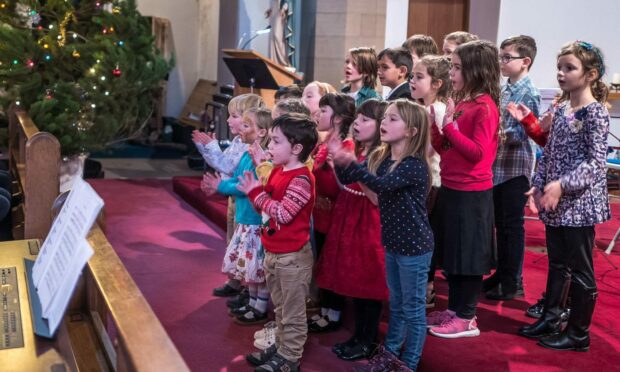
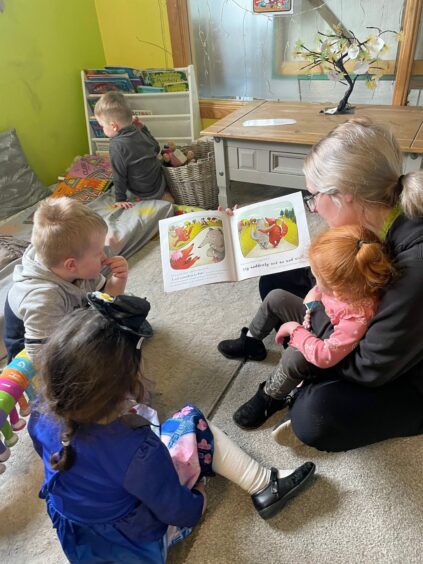
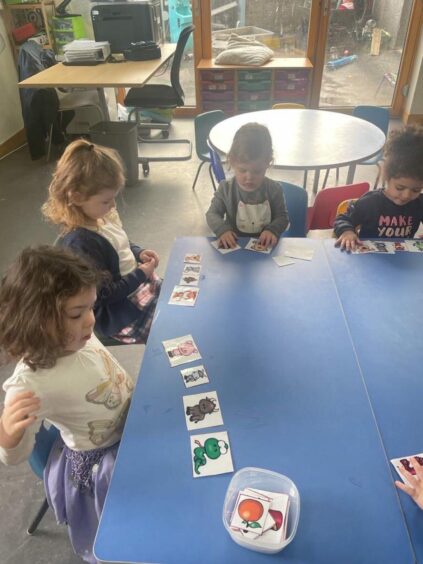
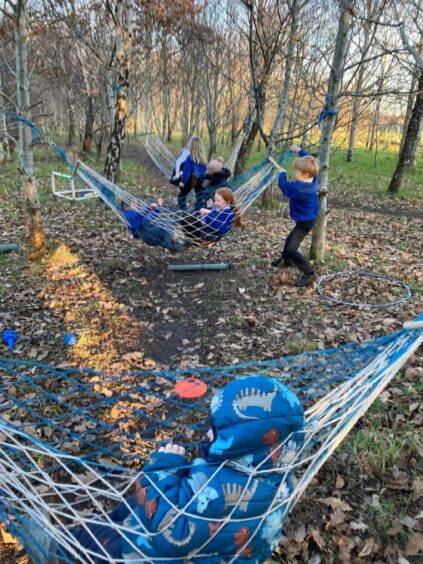
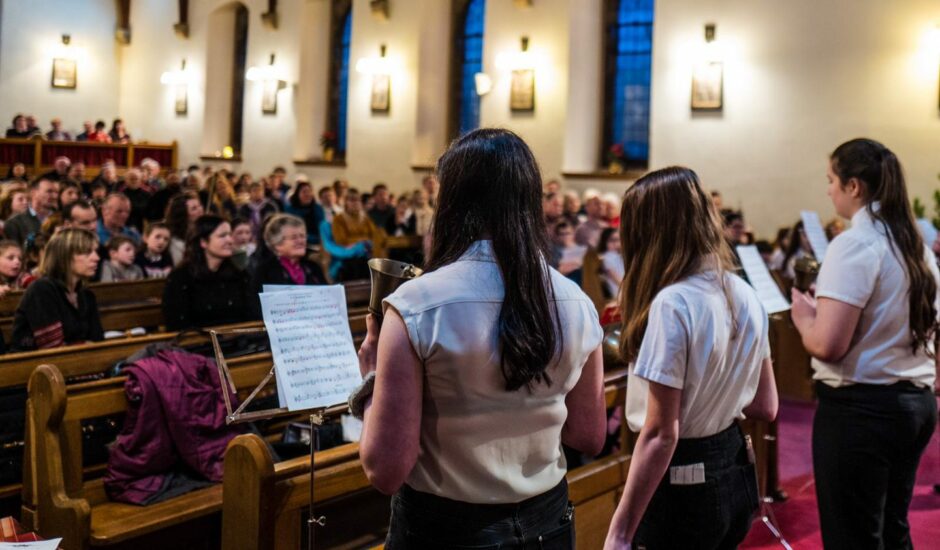
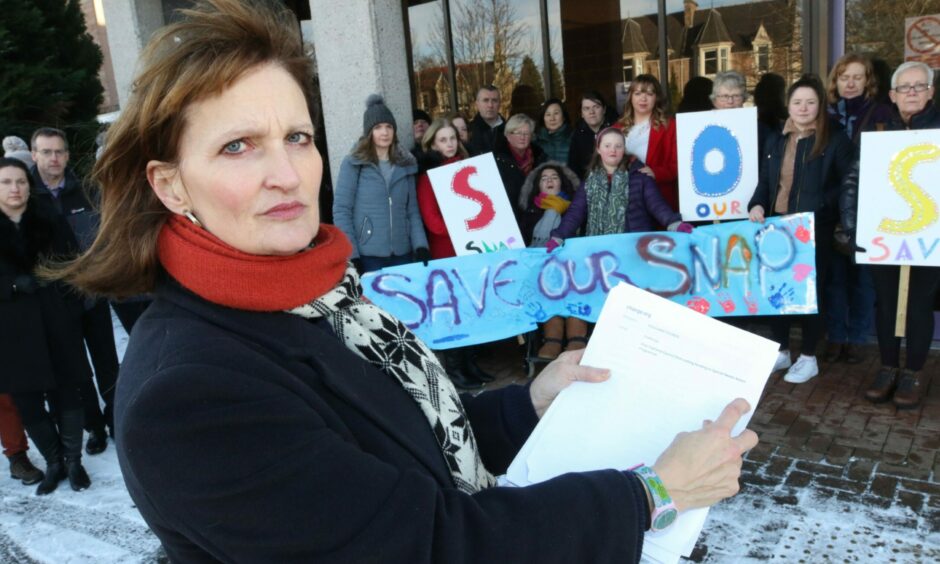
Conversation